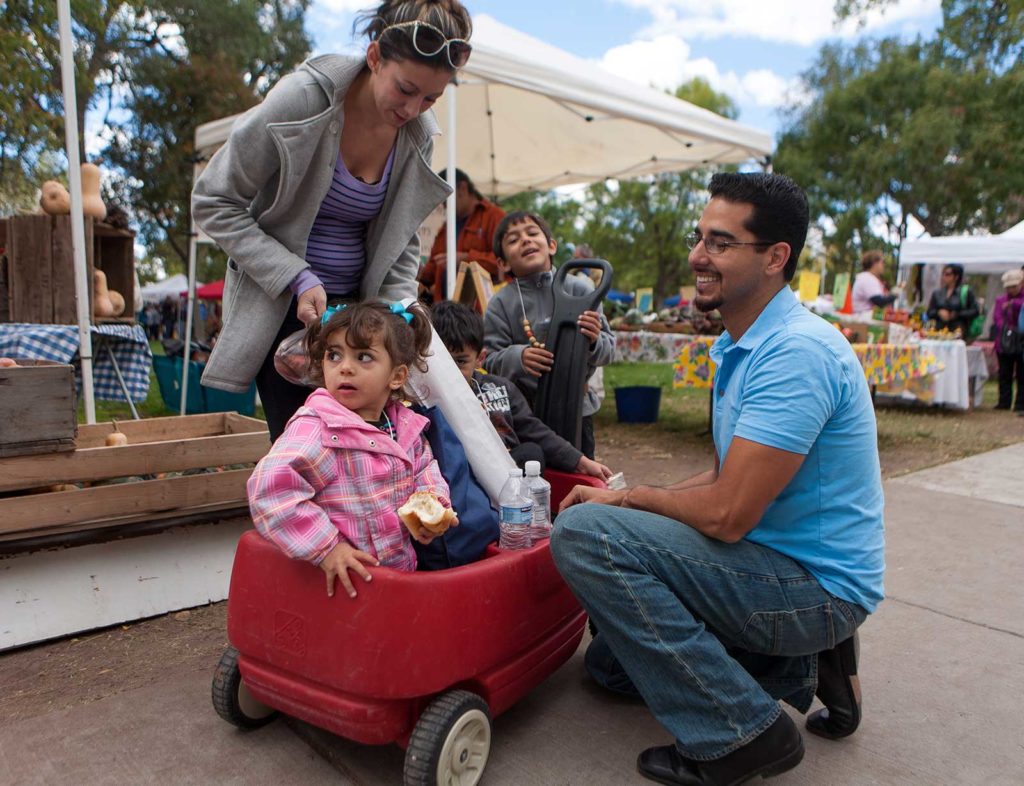Family-Centered Coaching is built on the premise that participants are capable, resourceful, and creative. Coaches build relationships and create space for families to build awareness, try on new perspectives, and rediscover their strengths and support networks. Coaches use a variety of tools, skills, and conversation techniques to learn about each family’s needs, goals, and desires.
A coach works one-on-one with a participant in a collaborative process to identify and achieve individual and family goals. Coaches can be anyone who provides one-on-one services, such as case managers, family-support workers, counselors, and many others.
A participant is a person whose needs and goals are the subject of a coaching conversation. They are the agent for setting and achieving family goals. Because the audience for Family-Centered Coaching is often parents, the terms “participant” and “parent” are used interchangeably.
The definition of parent is purposefully broad. It may include grandparents, relatives, foster parents, and other caregivers who are responsible for keeping a family moving forward together.Similarly, an expansive view of families, includes intentional and created families in their many varieties. A family could include parents and their children, stepparents, grandparents, foster parents, and guardians. Families may also include cousins, aunts, uncles, close friends, and any other people the participant considers part of the family. Family-centered coaching recognizes that families change over time and offers flexibility for families to determine their own definitions.
The Prosperity Agenda provides these resources as the designated national administrator of Family-Centered Coaching.

